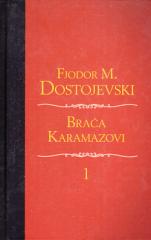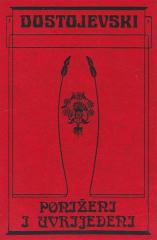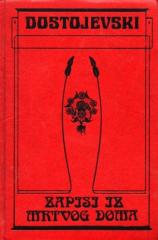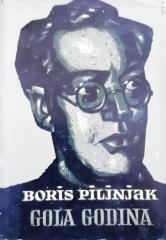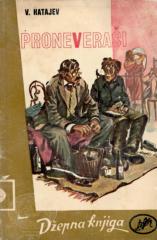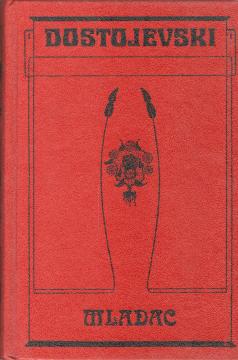
Mladac
Der junge Mann (1875) von Fjodor Dostojewski ist ein komplexer Roman über das Erwachsenwerden, moralische Kämpfe und soziale Konflikte im Russland des 19. Jahrhunderts. Obwohl weniger bekannt, ist der Roman eine eindringliche Darstellung innerer Kämpfe un
Der Erzähler ist Arkadi Dolgoruki, ein zwanzigjähriger junger Mann, der uneheliche Sohn des Adligen Wersilow, der mit Minderwertigkeitsgefühlen kämpft und seinen Platz in der Welt sucht. Arkadi kommt in St. Petersburg an und hat einen Brief dabei, der prominente Persönlichkeiten, darunter die junge Witwe Katharina, kompromittieren könnte.
Seine Beziehung zu Wersilow, einem charismatischen, aber labilen Vater, ist von Bewunderung und Enttäuschung geprägt. Wersilows zwiespältiges Verhältnis zu Katharina und seine philosophischen Ansichten über Russland und Europa verkomplizieren die Handlung zusätzlich. Arkadi wird in gesellschaftliche Intrigen, Glücksspiel und Konflikte verwickelt und versucht, seinen Wert zu beweisen. Seine Besessenheit von der „Idee“ von Reichtum und Macht spiegelt einen inneren Kampf zwischen Idealen und Egoismus wider.
Der Roman behandelt Themen wie Generationenkonflikte, das Trauma unehelicher Herkunft und die Suche nach Identität. Anhand von Arkadis Erfahrungen kritisiert Dostojewski die moralische Leere der Aristokratie und die nihilistischen Tendenzen der Jugend. Nebenfiguren wie der alte Mann Makar verleihen dem Werk eine spirituelle Dimension, während komplexe Beziehungen Dostojewskis psychologische Tiefe offenbaren. „Der junge Mann“ endet damit, dass Arkadi reifer wird, sich bescheideneren Idealen zuwendet und sich mit seiner Vergangenheit auseinandersetzt.
Jedan primerak je u ponudi
